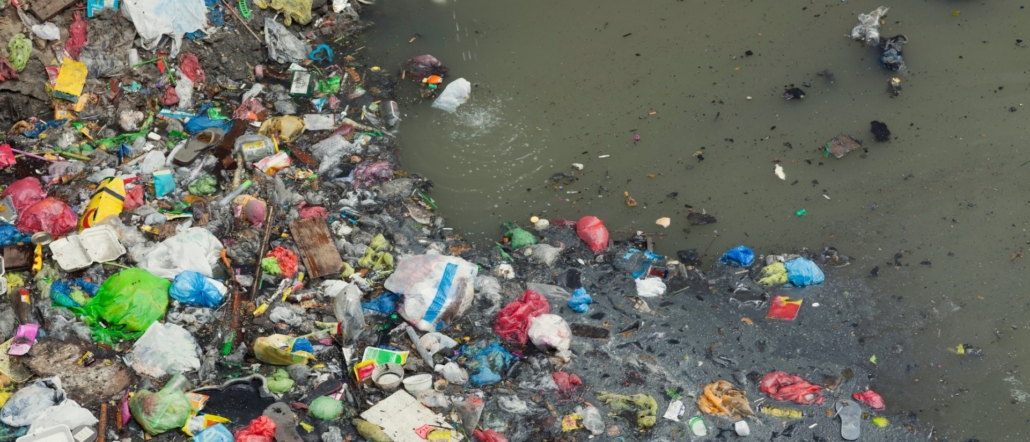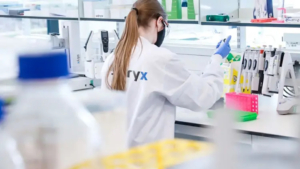
MEPs vote for ban of single-use plastics
The European Parliament has approved measures that could lead to a ban of the top 10 single use plastic products that contribute to marine littering by 2021.
The ban, which was proposed in May by the European Commission, targets the top 10 single-use plastic products that pollute oceans and beaches, including lightweight plastic bags and polystyrene fast-food containers, straws, cotton swabs and disposable plastic plates and cutlery, by 2021. Under the new rules, producers must help cover the costs of waste management and cleanup as well as raise awareness of the polluting impacts of plastic packaging and add a label how to dispose the packaging properly.
Furthermore, member states are called on to establish intelligent measures to collect 90% of single-use plastic bottles mostly made of PET, which persists in the environment for 500 to 1000 years – by 2025. In Germany, where retailers still do so, cost for plastic collection however is given back to consumers through higher product prices. Under the new directive, producers of plastic fishing gear must cover the costs of waste collection in ports. Marine polluters that are part of a product, such as synthetic textiles or not decompostable microplastics in cosmetics, however, are not yet covered by the rules.
According to figures presented at the European Forum of Industrial Biotechnology and the Bioeconomy (EFIB), less than 10% of plastic waste in Europe is recycled, if incineration is excluded. Plastics, that are indigestable, that emit toxic additives such as plastilisers, stabilisers, antistatics etc, and which promote spread of microorganisms, have been found in the digestive tract of fish, seabirds, and most recently humans – overall in 400 species. At the EFIB, UN representative Lise Kingo warned that by 2050 "our oceans will contain more plastics than fish" if we would go on like today.
The European Commission will now negotiate with member states to implement the ban by adapting to the proposed changes. The Commission is pushing for the new plastic rules to be finally approved by the Parliament and the European Council before European elections in May next year.
The proposals are a blow for those bioplastics producers, whose product’s value proposition is linked to a better decompostability, recycling or CO2 footprint while being higher priced than conventiontial plastic products. As plastics packaging is a global US$375bn market, nobody in the Commission might actually expects plastics packaging to disappear from supermarkets. However, a lot can be done to prevent plastic waste at the consumer level.


 Sitryx Therapeutics
Sitryx Therapeutics
